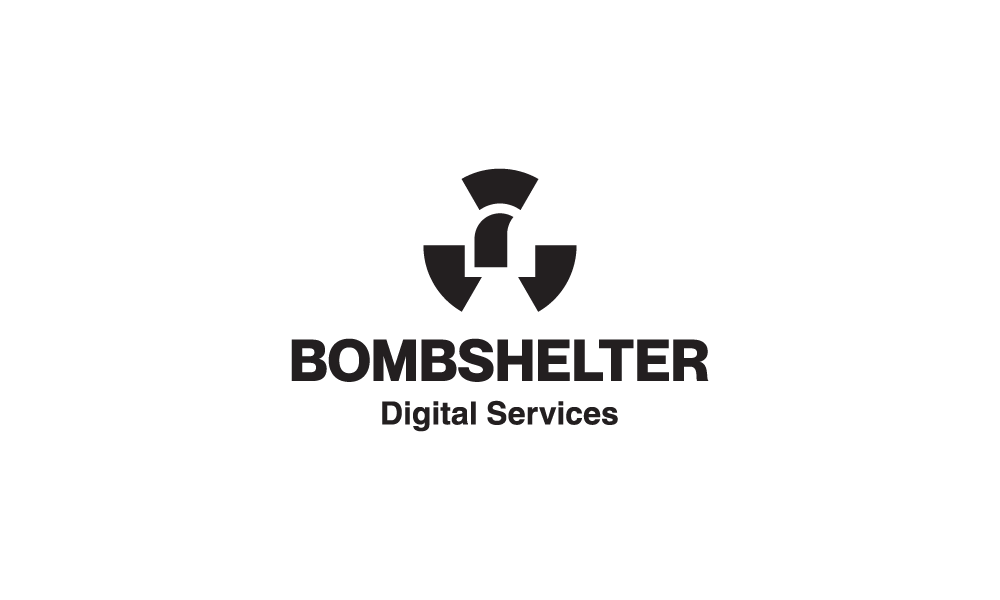As an upcoming artist, the road to success in the music industry involves honing your craft and mastering the art of realistic budgeting. Realistic financial planning is crucial to sustaining your artistic journey, allowing you to invest wisely in your career without falling into financial instability.
Have you ever felt discouraged as an upcoming artist that you can’t find comprehensive resources on a budget? As an upcoming musician, budgets are very essential and they help guide your financial choices, we have taken on the pain of compiling a list with prices of most expenses you will make as an artist.
These prices are estimates and may be subject to change depending on the area you live in , quality of service and a host of other factors
Recording Costs: Allocate a significant portion of your budget for recording. On average, studio rates range from $500 – $5,000+ per song, depending on the studio, engineer, and complexity of the project.
Production Costs: Budget for professional mixing and mastering services, averaging around $500 – $3,000+ for session musicians, beat production, or sample clearances.
If you’re an upcoming artist looking for assistance with budget, promotions, marketing, or distribution reach out to us on your Instagram @bomshelterplaylists or our website bombshelterent.com
Artwork and Design: Professional visuals are essential. Allocate for high-quality photography and album artwork$100 – $1,000+ for professional cover art and promotional graphics.
Marketing and Promotion: $500 – $5,000+ for social media ads, PR services, and music video production.
Distribution Fees: $20 – $100+ for digital distribution to platforms like Spotify, Apple Music, etc.
Merchandise: $200 – $2,000+ for production costs of CDs, vinyl, t-shirts, etc., depending on quantity and quality.
Touring Expenses: This varies greatly depending on the scale and location of the tour.
Administration: $100 – $500+ for copyright registration, licensing, and legal fees.
Contingency: 10-20% of the total budget for unexpected expenses.
These are rough estimates and can vary widely based on factors such as location, quality, and specific needs of the artist. It’s essential to research and obtain quotes from various service providers to create a more accurate budget.
Financial Management Tips for Emerging Artists:
- Create a Detailed Budget: Outline all potential expenses and categorize them based on priority.
- Establish Emergency Savings: Set aside a portion of your income for unexpected expenses or emergencies.
- Explore Funding Opportunities: Research grants, sponsorships, or crowdfunding options to supplement your budget.
- Track Your Income and Expenses: Use financial tracking tools or apps to monitor your income and expenditures regularly.
In conclusion, navigating the music industry as an upcoming artist requires not only artistic talent but also financial acumen. Realistic budgeting ensures that you can make informed decisions about where to allocate your resources, setting the foundation for a sustainable and successful career in music. As you embark on this journey, remember that financial responsibility is a key component of turning your artistic passion into a viable and thriving profession.


